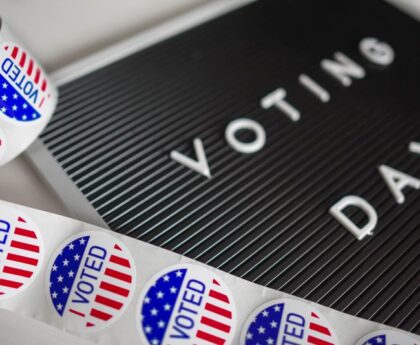Doubts and uncertainty surround Biden-McCarthy’s debt ceiling deal
The debt ceiling deal agreed to by House Speaker Kevin McCarthy and President Joe Biden still faces opposition from Republicans and Democrats, and its future remains uncertain. The proposal aims to increase the amount of money that the government can borrow through the end of 2024, averting a default that could happen on June 5 if the debt ceiling is not raised, while keeping the president’s signature domestic programs intact. Nonetheless, it faces an unclear outlook in Congress, where progressive Democrats and hardline Republicans have both criticized parts of the agreement.
Political tensions remain high over the debt ceiling controversy
The political impasse continues on Capitol Hill as the US government approaches the deadline to lift the federal debt ceiling. The fate of the debt ceiling deal remains uncertain as the hardline Republicans push sweeping budget cuts and progressive Democrats accuse President Biden of caving in to their demands to cut domestic spending. The deal would also cap annual discretionary spending for two years, keeping non-defense spending levels flat. This means funding for domestic programs across the board − except for Social Security and Medicare − will stay the same next year. However, amid the ongoing crisis, White House officials have indicated a willingness to negotiate with both sides to prevent the government from defaulting on its obligations.
What’s At Stake
If the US breaches the federal debt ceiling, the consequences could be catastrophic. The Treasury Department would be unable to borrow additional funds, forcing the government to default on its obligations, including payments to bondholders, military service members, and veterans. The US would also experience inflation, increase in interest rates, and market instability.
An Editorial Opinion: The Political Fallout
The debt ceiling is once again the center of a political crisis that highlights the deep divide on Capitol Hill. Both Republicans and Democrats seek to use the issue of the debt ceiling to advance their political objectives, rather than addressing it as a matter of national interest. For their part, Republicans have proposed harsh budget cuts and demonized President Biden’s domestic spending plan that will help ease the burden on millions of American families, while Democrats are pushing for increased government spending and calling on Republicans to compromise. The current state of political polarization poses a grave threat to the country, as the failure of the politicians to unite will lead to turmoil in the financial market at the worst possible time.
Advice and Conclusion
The US government must take immediate action and find a solution to the current debt ceiling crisis before the country is plunged into a catastrophic financial crisis. Both parties must compromise to reach a deal that will benefit the American people and serve the national interest. The debt ceiling should not be treated as a political tool, as the consequences of breaching it will have a devastating impact on all Americans. Furthermore, it is time to set aside the polarization and partisanship in order to find an effective solution to the nation’s financial crisis.

<< photo by Ivo Duarte Nogueira >>
You might want to read !
- The Resilience of Emiliano Grillo on the Greens: Overcoming Obstacles at the Masters
- How Jimmy Garoppolo’s Failed Physical Could Impact the 49ers’ Future Plans
- The Strategic Move by Raiders to Include Waiver in Jimmy Garoppolo’s Contract
- “The Complexities and Consequences of the Final Decision in ‘Succession’”
- The Implications of Lonzo Ball’s Injury For His Career and the Bulls’ Season
- “Premier League’s Survival of the Fittest: Everton’s Triumph Amidst Leicester and Leeds’ Relegation”




